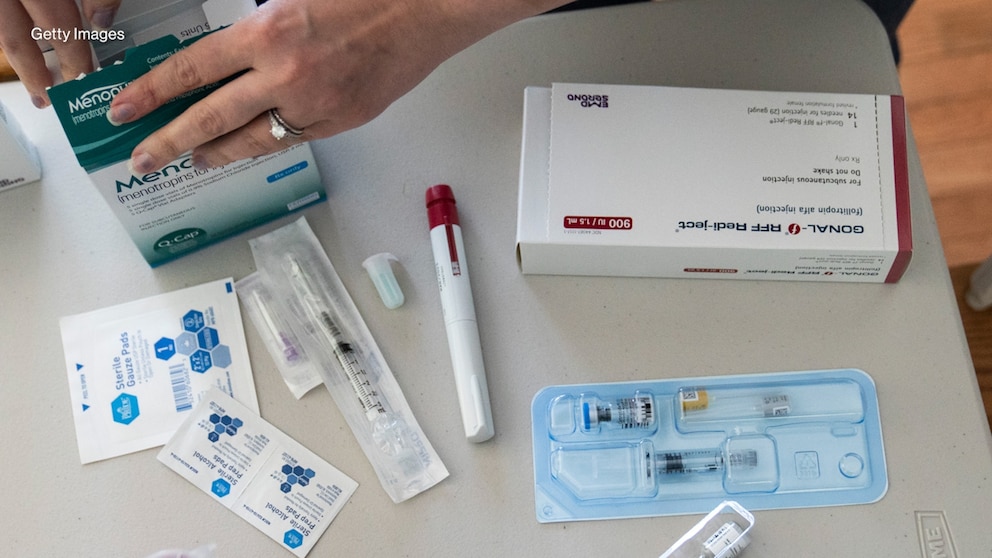Assessing Gender Euphoria To Enhance Transgender Mental Health Services

Table of Contents
For transgender individuals, the journey of self-discovery and affirmation is profoundly impacted by the experience of gender euphoria—the feeling of joy, contentment, and validation associated with aligning one's inner gender identity with outward presentation. While gender dysphoria, the distress caused by a mismatch between gender identity and assigned sex, has long been a central focus in transgender healthcare, understanding and assessing gender euphoria is crucial for a holistic and effective approach to improving mental well-being. This article explores the significance of assessing gender euphoria in enhancing transgender mental health services, examining various assessment methods and highlighting their role in optimizing treatment outcomes. By focusing on both aspects—gender dysphoria and gender euphoria—we can move toward a more comprehensive and affirming model of care.
2. Main Points:
2.1 The Importance of Differentiating Gender Euphoria from Gender Dysphoria:
Gender euphoria and gender dysphoria, while both integral to the transgender experience, represent distinct emotional states. Gender dysphoria describes the distress and discomfort experienced when one's assigned sex at birth does not align with their internal gender identity. Gender euphoria, conversely, is the positive feeling of joy, relief, and validation that arises when aligning one's outward presentation and life with their authentic gender identity. Understanding both is vital for a complete picture of a person's journey.
- Examples: Someone experiencing gender dysphoria may feel intense anxiety about their body or social expectations. In contrast, someone experiencing gender euphoria might feel a sense of liberation and self-acceptance after starting hormone therapy or socially transitioning.
- Limitations of focusing solely on gender dysphoria: Focusing solely on alleviating gender dysphoria can overlook the positive aspects of transition and the potential for significant well-being enhancement through gender affirmation. A balanced approach considers both the negative and positive aspects of the transition experience.
- Positive aspects of gender euphoria: Gender euphoria is a powerful motivator for transition and plays a crucial role in overall mental and emotional health. It fosters self-esteem, confidence, and a stronger sense of self. It’s a vital element in positive mental health outcomes for transgender individuals. Keywords: gender dysphoria, gender affirmation, transgender mental health
2.2 Assessment Methods for Gender Euphoria:
Assessing gender euphoria requires a multifaceted approach that incorporates diverse methods to capture the richness and complexity of individual experiences.
- Clinical interviews: Structured interviews provide standardized measures, while unstructured interviews offer more flexibility to explore individual narratives and experiences.
- Self-report questionnaires: While still under development, validated self-report questionnaires can efficiently measure levels of gender euphoria and track changes over time. Further research is crucial to establish reliable and valid tools for wider use.
- Qualitative data collection: Collecting qualitative data, such as through in-depth interviews or focus groups, allows for a richer understanding of individual experiences and perspectives, informing better assessment tools and care.
- Challenges and limitations: Current assessment methods primarily focus on gender dysphoria, leaving a gap in the measurement of gender euphoria. Cultural sensitivity and inclusivity are crucial. Biases in existing tools must be addressed.
- Observation and behavioral indicators: Observing changes in behavior, self-expression, and social interactions can provide valuable insights into the presence and intensity of gender euphoria. Keywords: assessment tools, transgender healthcare, qualitative research, clinical interview
2.3 Using Gender Euphoria Assessments to Improve Treatment Outcomes:
Integrating gender euphoria assessments into clinical practice can significantly enhance treatment outcomes.
- Personalized treatment plans: Understanding a patient's experience of gender euphoria can inform the development of personalized treatment plans that address both their dysphoria and their aspirations for affirmation.
- Gender-affirming care: Gender-affirming care, which encompasses medical, social, and psychological support that aligns with a person's gender identity, plays a critical role in promoting gender euphoria and improving overall well-being.
- Correlation with improved mental health: Studies suggest a strong correlation between higher levels of gender euphoria and improved mental health outcomes, including reduced anxiety, depression, and suicidal ideation.
- Tracking treatment effectiveness: Regular assessment of gender euphoria allows clinicians to monitor the effectiveness of treatment interventions and make adjustments as needed.
- Social support and community involvement: Fostering strong social support networks and promoting community involvement can significantly contribute to increased gender euphoria. Keywords: gender-affirming care, transgender support, mental health treatment, treatment efficacy
2.4 Addressing Barriers to Accessing Gender Euphoria-Focused Care:
Significant barriers prevent many transgender individuals from accessing gender-affirming care and the support needed to experience and nurture gender euphoria.
- Systemic barriers: These include insurance limitations, lack of access to qualified healthcare providers, and discriminatory practices in healthcare settings.
- Stigma and discrimination: Societal stigma and discrimination can create significant emotional distress and hinder individuals' ability to seek and benefit from affirming care.
- Culturally competent healthcare providers: Access to healthcare providers who are culturally sensitive and understand the nuances of the transgender experience is essential for delivering effective care.
- Financial barriers: The cost of gender-affirming care, including medical procedures, hormone therapy, and counseling, can be prohibitive for many. Advocacy for insurance coverage and financial assistance is crucial.
- Advocating for increased resources: Increased funding for research, training, and community-based services is necessary to improve access to quality healthcare for transgender individuals. Keywords: healthcare disparities, transgender rights, healthcare access, LGBTQ+ healthcare
3. Conclusion: The Future of Transgender Mental Health Services Through a Gender Euphoria Lens
Assessing gender euphoria is not simply an addition to existing transgender healthcare; it’s a fundamental shift towards a more comprehensive and person-centered approach. By understanding and measuring both gender dysphoria and gender euphoria, we can create more effective treatment plans, better monitor treatment progress, and ultimately improve the lives of transgender individuals. Further research and development of validated assessment tools are crucial, as is increased access to culturally competent healthcare providers and the removal of systemic barriers to care. We urge healthcare providers to actively incorporate gender euphoria assessments into their practice to improve transgender mental health services. The future of transgender mental health lies in embracing a holistic approach that fully acknowledges and celebrates the joy and affirmation inherent in gender euphoria. Further research into assessing gender euphoria is crucial for improving transgender healthcare. Keywords: transgender mental health, gender euphoria assessment, gender-affirming care, LGBTQ+ mental health

Featured Posts
-
 Germany Denmark Serbia 2025 Episode 58 Discussion
May 14, 2025
Germany Denmark Serbia 2025 Episode 58 Discussion
May 14, 2025 -
 Eurovision 2025 When Is The Final Key Dates For Semi Finals
May 14, 2025
Eurovision 2025 When Is The Final Key Dates For Semi Finals
May 14, 2025 -
 Paolinis Dubai Loss Sabalenka Claims Victory
May 14, 2025
Paolinis Dubai Loss Sabalenka Claims Victory
May 14, 2025 -
 Figmas Ipo Following The Adobe Deal Rejection
May 14, 2025
Figmas Ipo Following The Adobe Deal Rejection
May 14, 2025 -
 Disney Streaming Captain America Brave New World Release Date News
May 14, 2025
Disney Streaming Captain America Brave New World Release Date News
May 14, 2025
